Course Summary
We never know if an active shooter event will happen in our hometown. Taking this course could make a big difference in your life and in the lives of people in your community.
Active shooter incidents and their response pose several unique concerns for all facets of public safety, especially for telecommunications professionals. Numerous issues make the response to an active shooter incident more complex than the response to other armed subject calls, or violence-in-progress incidents.
These types of incidents have historically garnered extensive media coverage and public scrutiny. Prior to the COVID-19 pandemic, they were becoming an almost weekly occurrence, presenting significant potential threats to the general public as well as to public safety officials.
This course provides key insights for both telecommunications professionals and law enforcement officers about events that unfold rapidly, helping them be better prepared for such incidents.
Events such as these are loaded with extreme emotions and a rush of adrenaline. Therefore, constant training on this subject is highly critical. This course can greatly assist responding professionals to better understand the mind of an active shooter and to be better prepared mentally for such an event.
Course Syllabus
-
Course Introduction
- Matthew Shenk, Radioroom Supervisor, Lancaster, County-wide Communications, Pennsylvania.
- Bernard J. Brown, APCO Adjunct Instructor, Assistant Director of Emergency Services, City of Danville, Virginia
-
Module 1: Incident Management
- Module Introduction
- Definition of an Active Shooter
- Phases of Incident Development
- Assessment
-
Module 2: The Role of Law Enforcement
- Module Introduction
- The Suspects
- Describe the Suspects
- The Scene
- Secondary Dangers to Responders
- Assessment
-
Module 3: The Role of Fire and Emergency Medical Services
- Module Introduction
- Fire Service Response
- Emergency Medical Services Response
- How to Notify and Disseminate Information
- Assessment
-
Module 4: Role of the Telecommunicator
- Module Introduction
- Your Primary Role
- Dispatch Issues
- Incident Command
- Assessment
-
Module 5: Media Matters
- Module Introduction
- Public Expects to Be Informed
- Misperceptions about the Media
- Confidential Information
- Assessment
-
Module 6: The Aftermath
- Module Introduction
- Critical Incident Stress Debriefing
- Guidelines for Incident Critiques
- Societal Impact
- Assessment
-
Final Assessment
